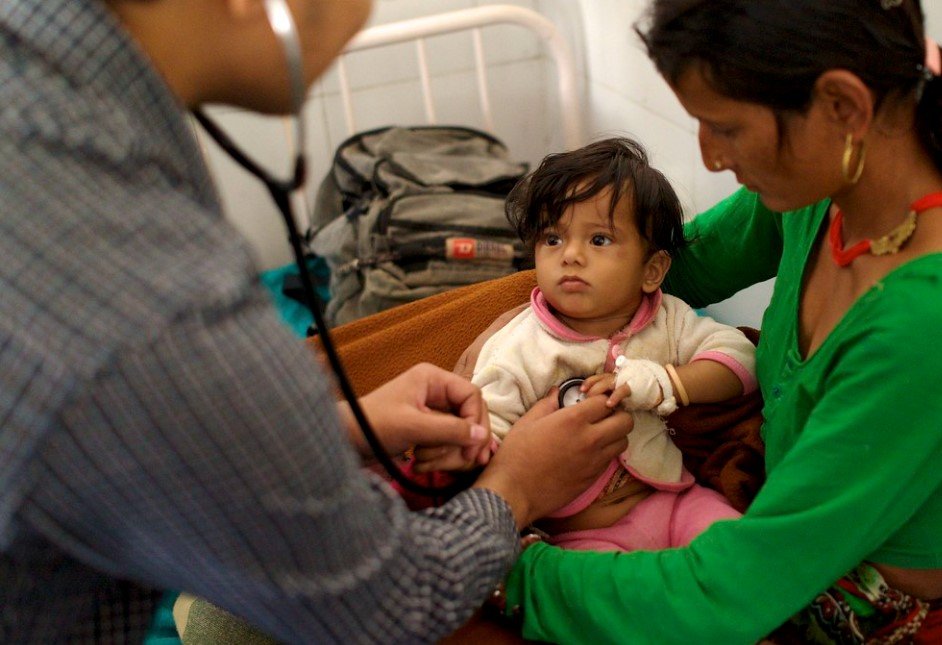The digital landscape has transformed how medical information is shared, but it also raises significant concerns about privacy, particularly for vulnerable populations such as pediatric craniofacial patients. A recent study has highlighted parents’ apprehensions regarding the sharing of their children’s medical images on social media platforms.
The sharing of pediatric patients’ images by healthcare professionals on social media has become a contentious issue. While these images can serve educational and informative purposes, they also pose a risk to the patient’s privacy and autonomy. The study suggests that consent should be obtained not only from the parents but also from the children, potentially starting at the age of nine.

The Role of Consent and Assent
Consent and assent are crucial in the context of sharing medical images of minors. The study indicates a strong belief among parents that surgeons must seek approval before posting pictures of pediatric patients online. This includes obtaining consent from the child when they are capable of understanding the implications of such an action.
Navigating Social Media in Healthcare
The study underscores the need for healthcare providers to navigate social media responsibly. It calls for a focus on the vulnerability of the patient and the permanent nature of the digital footprint left by online images. As such, the medical community is urged to consider the long-term effects of sharing patient images and to prioritize the patient’s well-being and privacy.
















